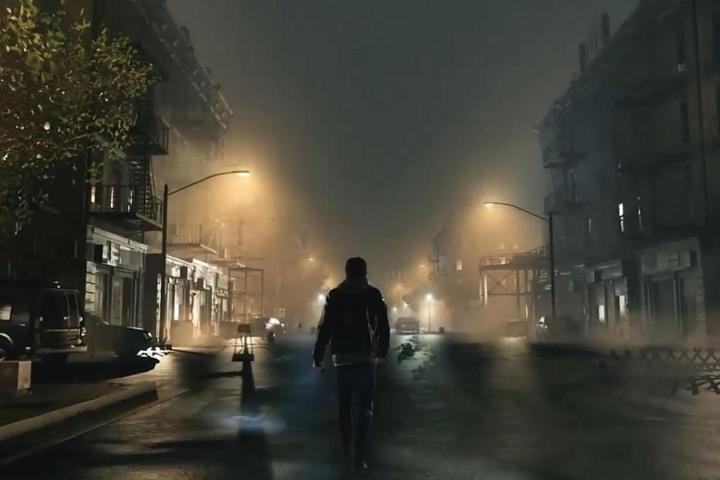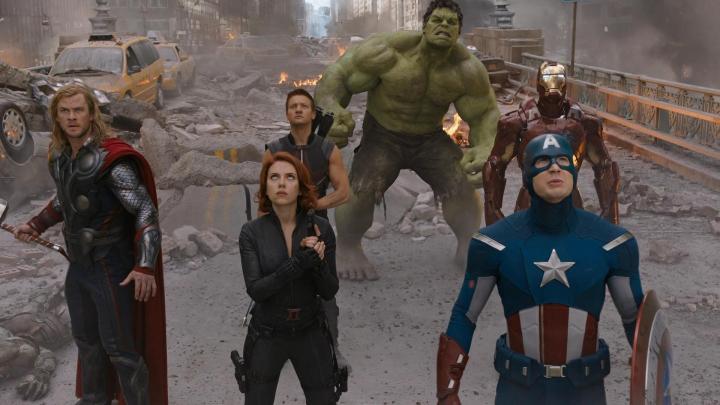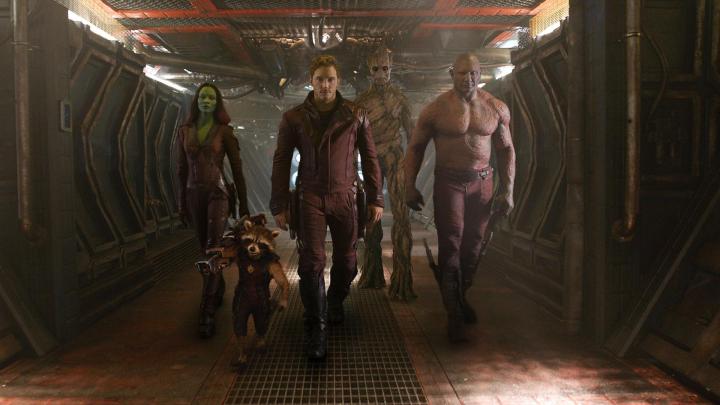

After the obligatory round of fanboy squees — it’s impossible to reign in the kneejerk excitement when seeing names like Hideo Kojima, Guillermo del Toro, and Norman Reedus assembled for a new effort in the Silent Hill horror series — Anthony surprised me.
“I just wish they were calling it something else though,” he texted.
Wait, what? Was he really not happy that these three creative forces had aligned around a Silent Hill game?
“Yeah, I’d rather it be something totally original. They could still do the same themes and weird town s–t.”
The conversation pretty much ended there. I fired back with a brief explanation of why I’m so personally excited that this trio is venturing into the town of Silent Hill, but the more I think about Anthony’s doubts, the more I understand where he’s coming from: Big franchises come with big baggage.

Silent Hill is not a new series, and there’s a lot of lore surrounding it. Since it first launched in 1999, we’ve learned about the history of the town and the surrounding region. We’ve also glimpsed into the lives of a wide assortment of key players, many of whom are connected in surprising ways. Amidst all of horror, gore, and supernatural underpinnings, the fiction has further extended to include a secret cult and even aliens. That’s a lot of baggage to carry into a new game led by three fresh faces.
Related: Silent Hill: Book of Memories‘ failed experiments in dungeon-crawling (review)
This is why the world is overrun with reboots right now. We live in an age of deeply developed serial narratives, the product of efforts like HBO’s “It’s not TV” philosophy and Marvel Studios’ stunningly vast “Cinematic Universe.” Creative forces are focusing lots of effort on crafting new stories within this cultural framework, stories that start at square one for the sake of attracting fans new and old alike, then growing with them. It’s still so new, one has to wonder: When Marvel reaches its 2020 slate of films, will the powers-that-be at the studio be considering a reboot of a cinematic universe that’s spanned more than a decade?
Probably. Yeah.
It’s worth noting here that we’re operating under the assumption that Silent Hills is not a reboot. The title alone suggests that the upcoming game builds on top of the established mythos. And in that context, I can understand Anthony’s hesitation. Why send this trio of blockbuster names off to work on a project that has built-in baggage?
If Silent Hills were just Random Horror Game From Creative Super-Team, we could all feel free to geek out about the possibilities. Anchoring these three men to Silent Hill gives gamers a touchstone, sure, but there’s a cost too, measured in titles like Silent Hill: Origins and Silent Hill: Book of Memories. Outcasts from a long-lived series, informing opinions even while this new project is in its embryonic stages. Not a position you want to start in when you’re throwing blockbuster appeal at a genre that isn’t traditionally a force for mainstream sales.
“I’d rather it be something totally original. They could still do the same themes and weird town s–t.”
Granted, Silent Hill has grown considerably as a franchise since 2001, with two commercially successful film adaptations. But survival horror has taken some notable hits in recent years. Resident Evil 6 was a megalithic debacle, so overstuffed with play-changing approaches that it felt unhinged and disorienting. The Walking Dead: Survival Instinct, which brought in Reedus to play his Daryl role from the TV series, was a cheap, uninspired cash-in.
Related: See BioShock (the full game) running on iPad
That’s where Anthony’s worry comes from. What’s going to change? When all is said and done, will this game even resemble the foundational survival horror experience that the first Silent Hill delivered? How much creative control do Kojima, del Toro, et al have, and how much are they at the mercy of publisher Konami’s investor-minded meddling?
These are valid questions to ask. Why revive Silent Hill now? Because talented creative minds behind multiple games and films have aligned to make it so. Yes, great, but why Silent Hill specifically? Name recognition combined with brand loyalty.
The math here all adds up, but the intangibles weigh heavy. Even if it’s all speculation at this point, I’ve got to wonder if Anthony’s onto something. Don’t ask if Kojima, del Toro, and Reedus can deliver a horror game that’s worth our time; ask instead why they’re calling it Silent Hill in the first place.






